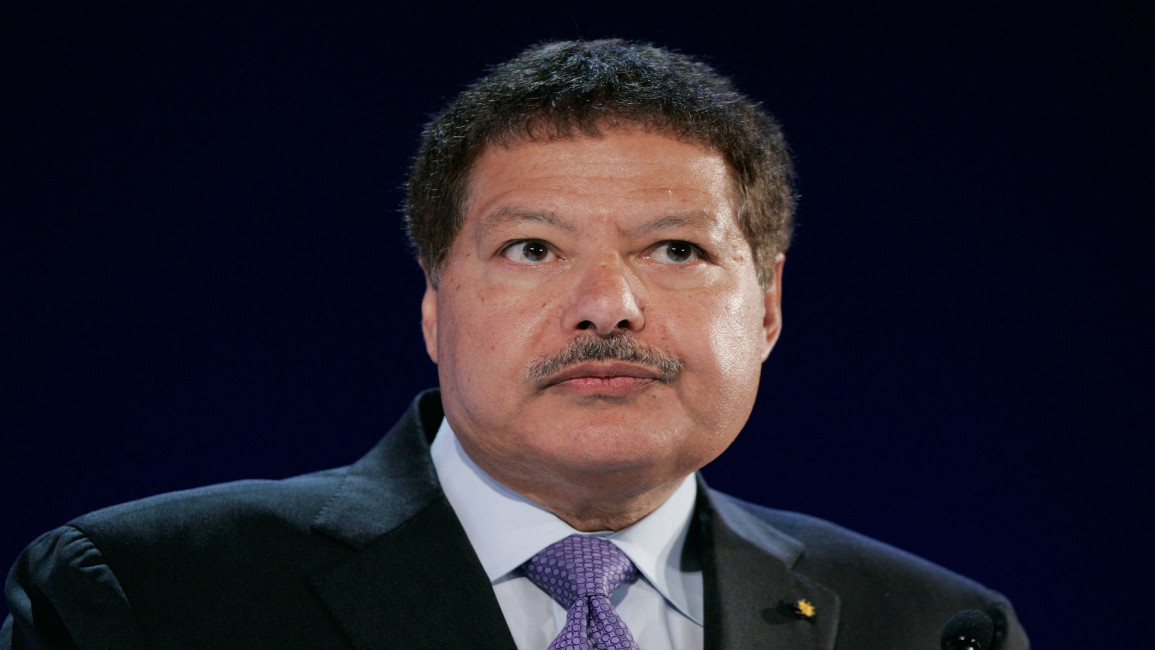Ahmed Zewail, Egyptian Nobel prize-winning chemist, dies aged 70
Egyptian Nobel prize-winning chemist Ahmed Zewail has died at the age of 70 on Tuesday in the United States, Egyptian state TV announced.
Zewail won the Nobel Prize in 1999 for his pioneering work in femtochemistry, which studies chemical reactions in ultra-short timescales.
"The cause of his death has yet to be identified," Zewail's spokesman Sherif Foad said.
In June 2013, Zewail announced he was suffering from a cancerous tumor of the spinal cord, adding later on that he was able to overcome the "critical state" of the disease.
Egyptian state TV said preparations were being made to transfer Zewail's body back to his home country for burial.
Ahmed Hassan Zewail, was born on February 26, 1946 in Damanhour, Egypt and was raised in Desouk.
He received a bachelor of science and master of science degrees in chemistry from Alexandria University, Egypt before moving to the United States to complete his PhD at the University of Pennsylvania.
He carried out his postdoctoral research at the University of California, Berkeley and was appointed at the California Institute of Technology in 1976.
Zewail later held the Linus Pauling Chair in Chemical Physics at the California Institute of Technology (Caltech). He was also a professor of chemistry and physics.
Besides his scientific interests, Zewail occasionally commented on the political affairs of his native Egypt and the wider Middle East.
In a 2014 opinion piece for the Los Angeles Times, Zewail urged the US Congress not to cut aid to Egypt after President Abdel Fattah al-Sisi grabbed power through a military coup.
"When Mohamed Morsi was elected president of Egypt in 2012, many in the country, including me, were hopeful that he would become a democratic president for all Egyptians," wrote Zewail.
"Unfortunately, his presidency quickly became a proxy for the Muslim Brotherhood, and under his leadership the country was driven to the edge of civil war. Millions took to the streets on June 30, 2013, to demand change and greater stability for Egypt," he added.
He defended the controversial "election" of Sisi saying: "If the election that put him into office was rigged, as some politicians and editorials have claimed, why would Egyptians continue to support him after the election?"
Sisi expressed his condolences when news of Zewail's passed, saying that Egypt had lost a son and role model.



